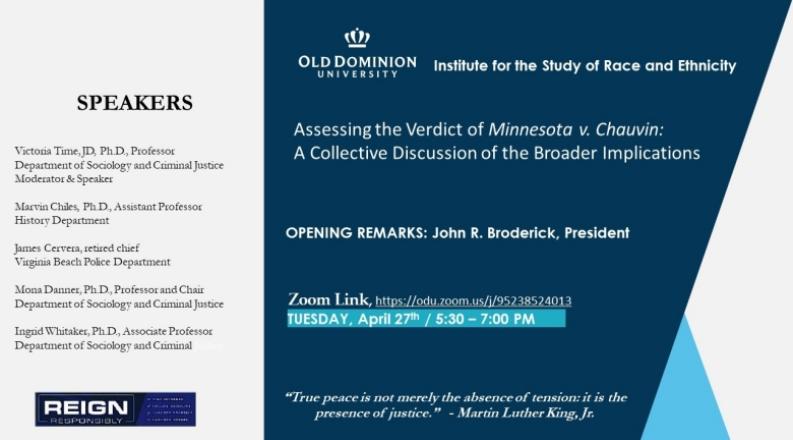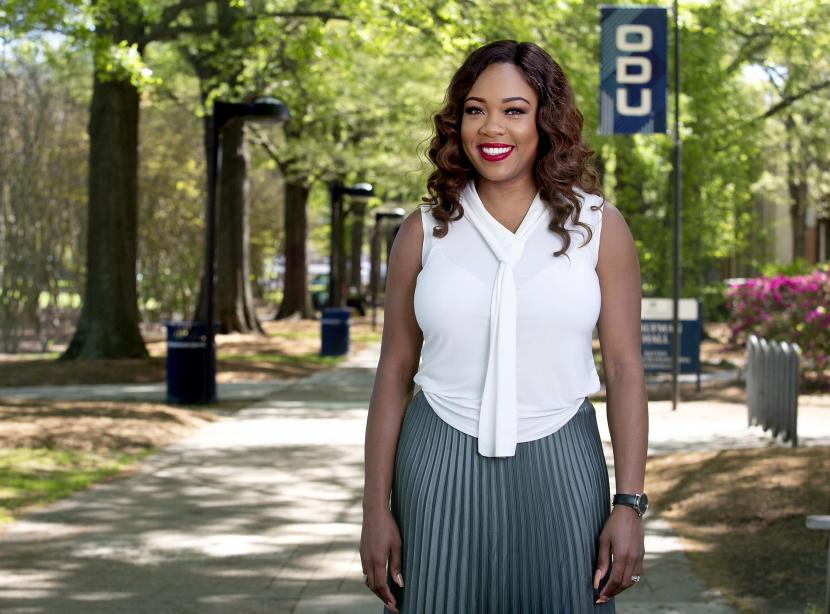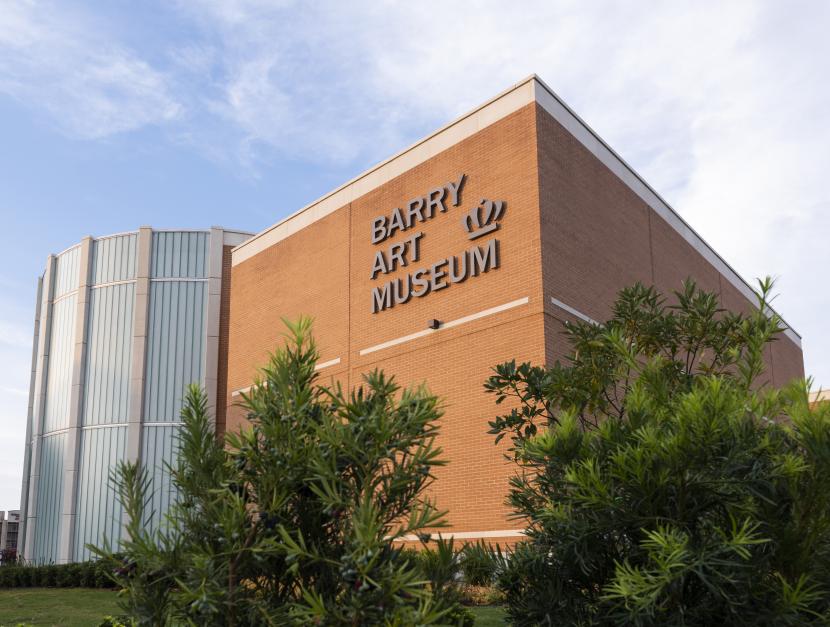By Amy Matzke-Fawcett
Following the recent verdict in the murder case of George Floyd, the Institute for the Study of Race and Ethnicity at Old Dominion University will conduct a panel discussion and reflection on the implications of the case and its effects on the country.
"Assessing the Verdict of Minnesota v. Chauvin: A Collective Discussion of the Broader Implications" is scheduled for 5:30 p.m. April 27 on Zoom. The panel, which is free and open to the public, will feature Victoria Time, professor of sociology and criminal justice as moderator and speaker; Marvin Chiles, assistant professor of history; Mona Danner, professor and chair of the Department of Sociology and Criminal Justice; Ingrid Whitaker, associate professor of Sociology and Criminal Justice; and James Cervera, retired chief of the Virginia Beach Police Department. ODU President John R. Broderick will deliver opening remarks.
The guilty verdict on April 20 came after nearly a year of civil rights marches and calls for justice for George Floyd, a Black man who was killed by police officer Derek Chauvin in Minneapolis in May 2020.
"Yesterday afternoon, a jury in Minneapolis convicted former Officer Derek Chauvin on all charges in the killing of George Floyd," President Broderick and Provost and Vice President for Academic Affairs Austin O. Agho wrote Wednesday in letter to the campus community. "As a nurturing home and a launching pad for success for all students, we must continue to pursue racial justice to uncover and eliminate obstacles to true equality. For the past year, the tragedy of George Floyd's death has prompted demonstrations of support for equity as well as searching analysis of our country's racial problems."
"While the verdict in the Chauvin case allows us to take a deep sigh of relief, it is premature to think that all is well." Time added. "Every day, in all walks of life, figuratively, knees are placed on the necks of the vulnerable - those who are considered as not belonging. Legislations, policies, programs and training that are geared toward changing the status quo are fine; however, a more inclusive and tolerant society can only be obtained if each one, not only the police, can be introspective and decide to treat the 'stranger' as one would want to be treated."
Related News Stories
Tashique Thomas Aims to Make a Meaningful Impact on Public Health Policies and Decisions
The Navy veteran and first-generation college graduate is a cohort of ODU's inaugural masters of public health class. (More)
Now on View at the Barry Art Museum: “Pandemic: Reflecting On A Year In Quarantine”
Exploring the role of the artist to translate the human condition into metaphor and transcendence. (More)
ECE Students Earn VMEC Internships
Justin Heisterkamp, Rita Meraz and Sofia Tequida will serve as Virginia Microelectronics Consortium Summer Research Scholars. (More)






